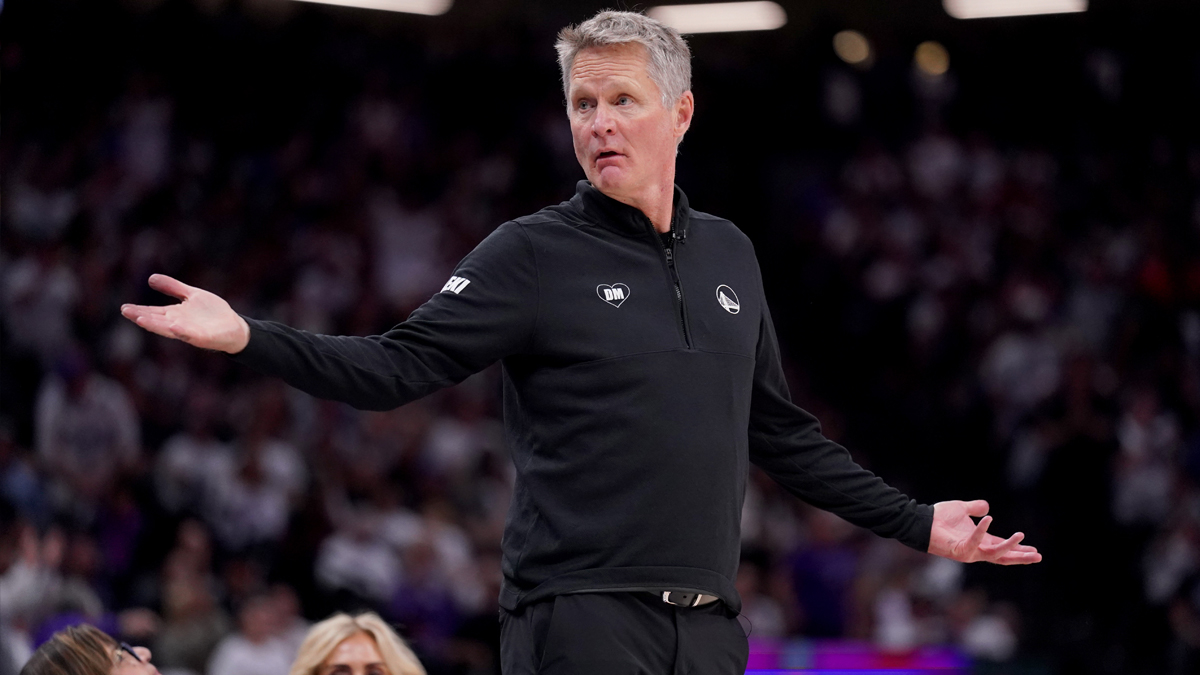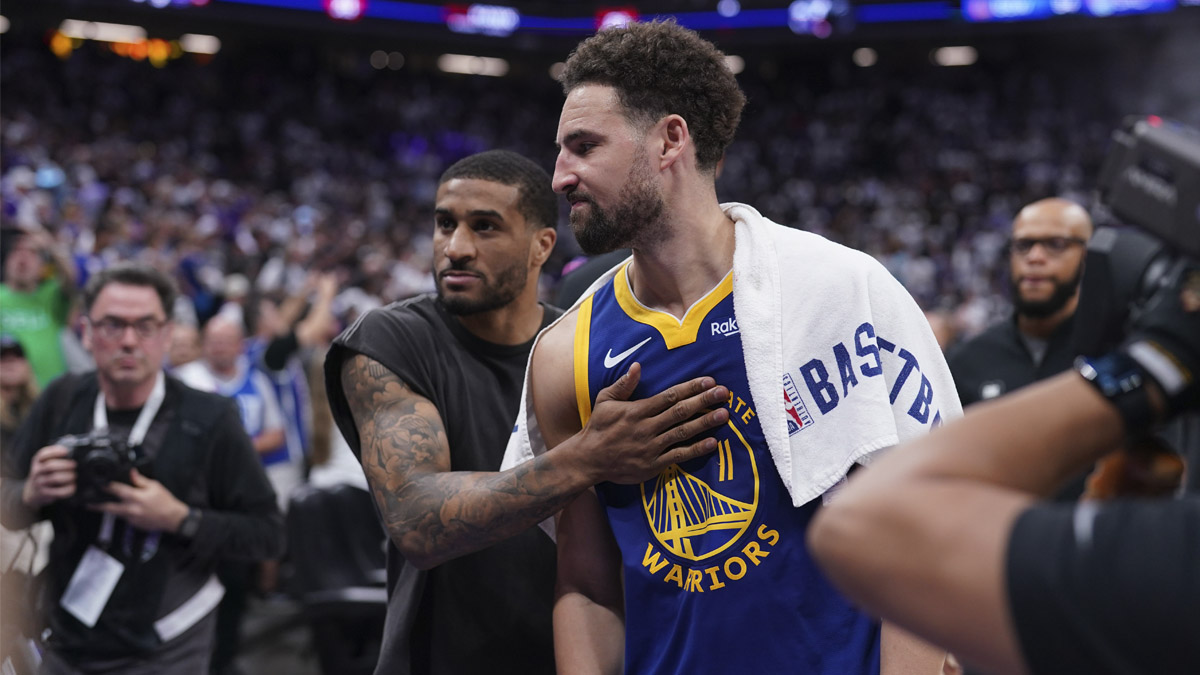Five telling moments in A's Las Vegas ballpark bill hearing originally appeared on NBC Sports Bayarea
Nevada Senate Bill 509 -- the A’s official pitch for up to $380 million in public funding for a $1.5 billion Las Vegas ballpark -- was heard for the one and only time by a joint committee of Senate and Assembly members on Memorial Day.
Here are five big moments from the six-plus-hour hearing, which featured a presentation by the bill's backers in Carson City, pointed questions from lawmakers in response, and public opinion in the state capital and Las Vegas from Nevada citizens who support, oppose and are neutral on the issue.
Get a weekly recap of the latest San Francisco Bay Area housing news. Sign up for NBC Bay Area’s Housing Deconstructed newsletter.
Ballpark now projected to open in 2028
The updated timeline for completion, from 2027 to 2028, is notable for two reasons.
First, it means the A's, if they relocate from Oakland, likely would play three full seasons in a minor league stadium instead of the advertised two, either in Las Vegas, or perhaps in Sacramento, as recently reported. That certainly would be a drawback for the MLB Players Association, with another year of games on artificial turf and in the summer heat in play, and the overall business of baseball, with just 8,196 seats at the current Triple-A ballpark.
Sports
Second, it runs counter to one of the A's stated reasons for evacuating the Howard Terminal project, which was that the approval processes would have taken too long to start construction.
"Obviously, it should go without saying, this [timeline] is all aspirational," said Jeremy Aguero, founder of Las Vegas-based Applied Analysis and an A's consultant, who presented the timeline to lawmakers. He pinned the one-year delay on the need to demolish the 66-year-old Tropicana Casino Resort to build the ballpark.
Lawmaker’s blunt take: ‘Almost a hell no’
"So, I’m just going it put it out there: I’m a no. Almost a hell no, so y’all have to get me to a yes, OK?" Assemblywoman Daniele Monroe-Moreno told A’s representatives.
Monroe-Moreno, who represents District 1 in North Las Vegas, was part of the legislative panel that needed more clarification on the projected figures regarding fan attendance and the ballpark's economic impact, as The Nevada Independent's Tabitha Mueller shared.
"The Golden Knights didn’t cost taxpayers a dime," Monroe-Moreno said. "They came here, and they came at a time when we were hurting as a state, and they became Nevada's team, Vegas' team. This is different. It’s kind of apples and oranges in that comparison."
Is Clark County really in on this project?
Clark County currently operates on functional debt, but it would be responsible for both floating bonds and infrastructure costs in the ballpark bill. Lawmakers questioned the county’s actual level of commitment multiple times, but an absolute explanation was never really provided, past two slides in the presentation.
Sen. Dallas Harris, who represents a district just west of the proposed ballpark site, asked: “Has Clark County committed to the $25 million in infrastructure, and if so, do you know why they feel this is a worthwhile investment given some of their current fiscal issues?”
Responded Aguero: “Yes, they have committed. It’s in the bill. Was part of the conversation. And that has been ongoing, so that is my understanding, as I sit here today.”
Ballpark site is 'the A's of The Strip'?
"I want us to go above and beyond what we have for Allegiant Stadium [the Raiders' home]," Assemblyman Howard Watts III said. "If we're going to have a state-of-the-art stadium, I want a state-of-the-art Community Benefits Plan."
Here's the plan that A’s representatives presented at the hearing, per Mueller:
Watts, who represents a district that borders the proposed ballpark site to the north, also mentioned that someone might be able to better develop the Tropicana plot.
"Any other development idea for this site, if this were not in play, would probably bring in as much or more than the Tropicana does in its current state," Watts said. "It's kind of the A’s of The Strip."
You probably should see the reaction to that comment for yourself.
Staying in Oakland isn’t A’s backup plan
One of the final lawmaker questions had dual purpose, in both Nevada and California.
From Sen. Harris: “If this plan was not approved, is it the A’s Plan B to stay in Oakland?”Responded Steve Hill, CEO/president of the Las Vegas Convention and Visitors Authority: “I may be able to give a little more objective answer on this. If this agreement does not go through, they will look for other cities to move to. They will not decide to stay, even though this does not go through.”
Should the A's move to Las Vegas under this plan, they must agree to a 30-year non-relocation agreement.
So, what now?
The bill had its one night of fame, and likely will eventually pass the joint committee to the Senate and Assembly for a vote. Whether that’s before or after the regular session ends June 5 largely depends on Nevada passing its overall state budget. That’s an entirely separate partisan issue, and could throw a wrench into all of this, depending how long it persists.
Bottom line: If Senate Bill 509 ever is approved, it will end up on Gov. Joe Lombardo’s desk and certainly be signed. And when MLB owners come together -- potentially in mid-June at their next meetings -- they’ll have everything necessary to approve the A's relocation from Oakland to Las Vegas.



